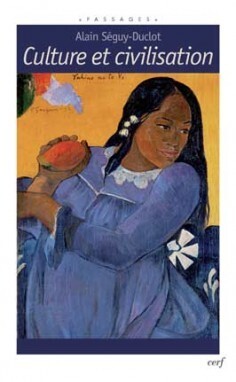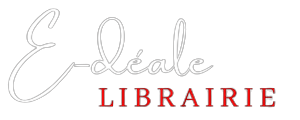Après l'unification politique de l'Europe et la fin de la guerre froide, les guerres du début du XXIe siècle semblent trouver leur principale origine dans des conflits d'ordre culturel. Il n'est pas étonnant, dès lors, que le débat autour des notions de culture et de civilisation soit caractérisé par une violence qui n'a d'égale que sa confusion. Apporter de la clarté à ce débat, définir les concepts en jeu et, en premier lieu, celui de culture, tel est l'objet de ce livre. En dépit de la multiplicité des formes de culture, une détermination semble commune à toutes : leur lien à l'humain. Comment définir l'humain ? La distinction de l'animal et de l'humain coïncide-t-elle avec celle entre la nature et la culture ? Faut-il rejeter l'idée d'une culture animale ? Répondre à ces questions nous conduit à critiquer les définitions classiques de l'humain : l'humain comme animal raisonnable et l'humain comme animal doté de langage ; à remettre en cause l'articulation traditionnelle de l'humain au logos, que ce terme soit compris, au sens restreint, comme langage rationnel ou, au sens large, comme langage. La possibilité de construire une théorie de la culture est à ce prix. -- After the political unification of Europe and the end of the Cold War, the wars at the beginning of the 21st century seem to originate in conflicts that are cultural in nature. Consequently, it is not surprising that the debate around notions of culture and civilisation are characterised as much by their violence as their confusion. The aim of this book is to clarify this debate and define the concepts involved – the first of which is culture. Culture can take on many forms, but there is one facet that appears to be common to all of them: the link to humanity. How can we define the human? Does the distinction between animal and human correspond to that between nature and culture? Should we reject the idea of an animal culture? Answering these questions leads us on to a critique of the classic definitions of "human": human seen as an animal capable of reasoning, human understood as an animal gifted with language. It also leads us to explore the traditional articulation of human with logos, whether the term is understood in the limited sense of rational language, or in the broader sense of language. The construction of a theory of culture requires this effort.




